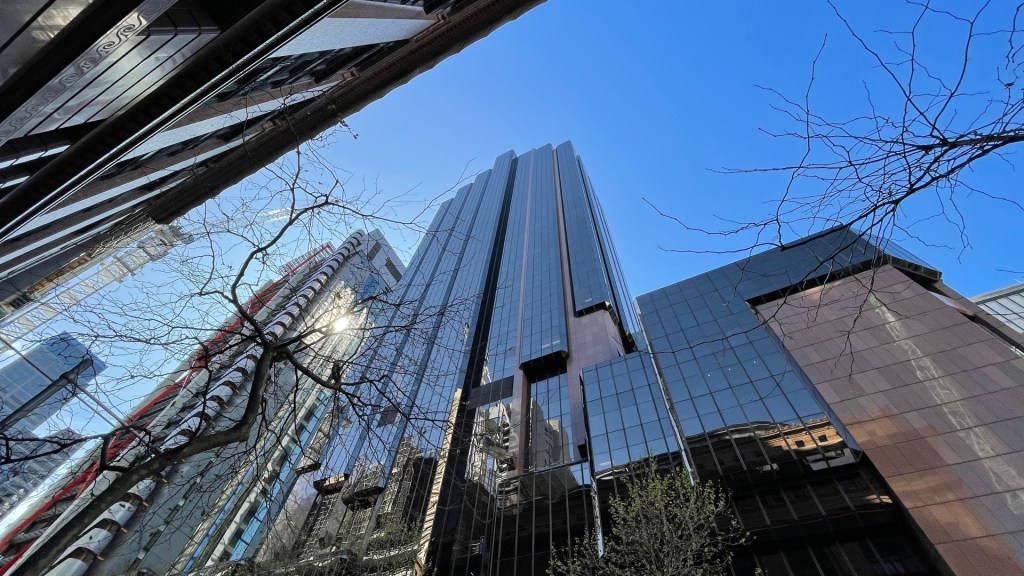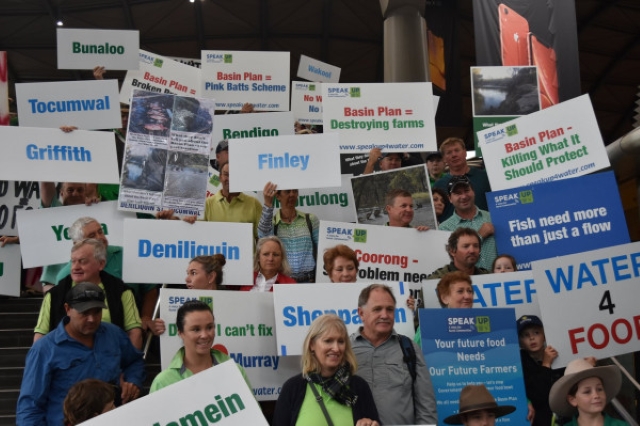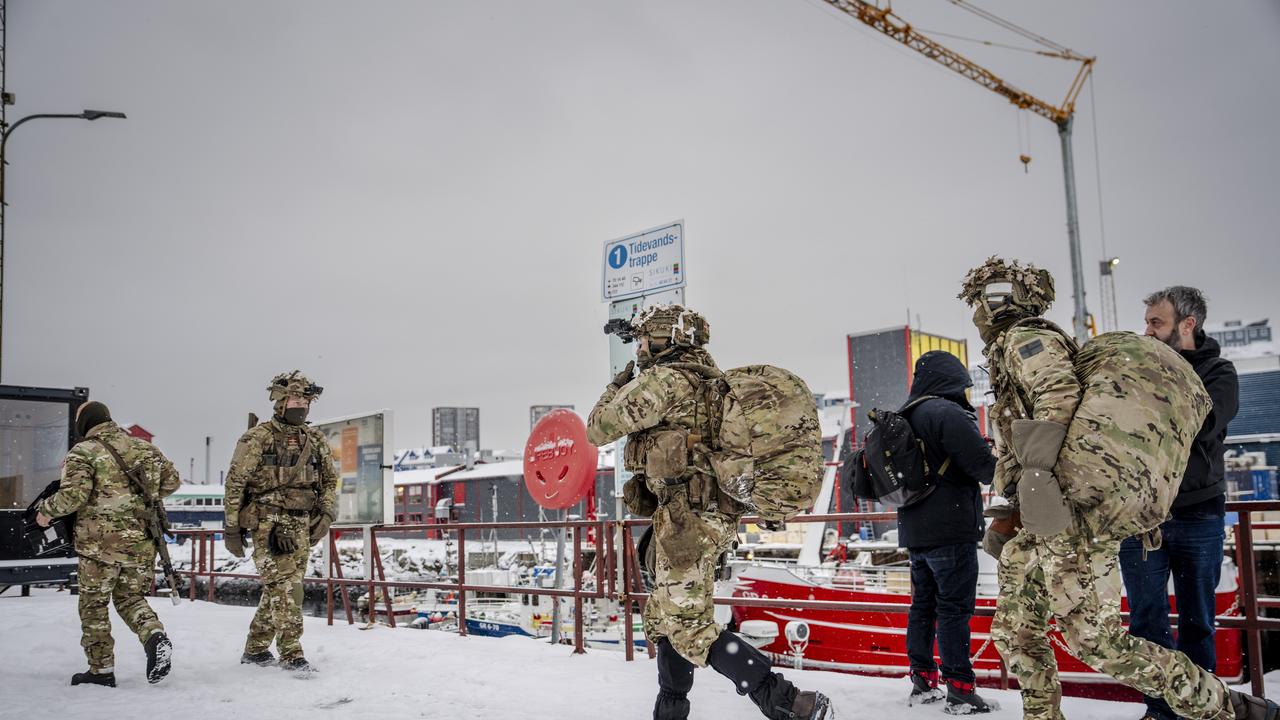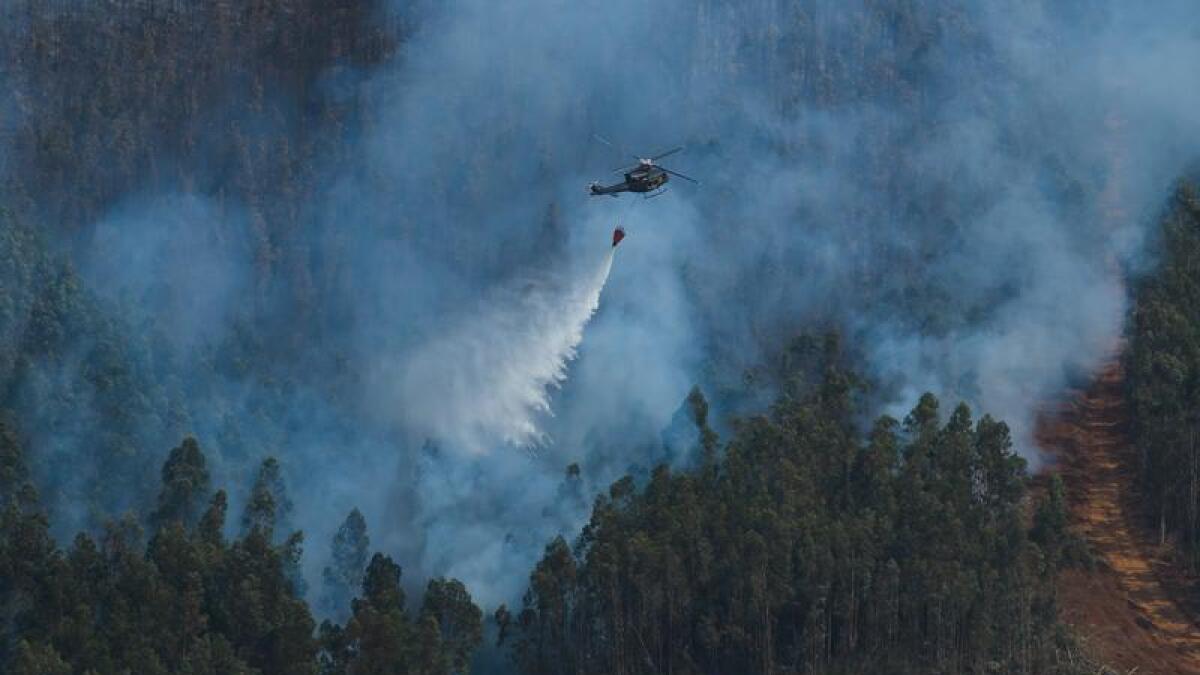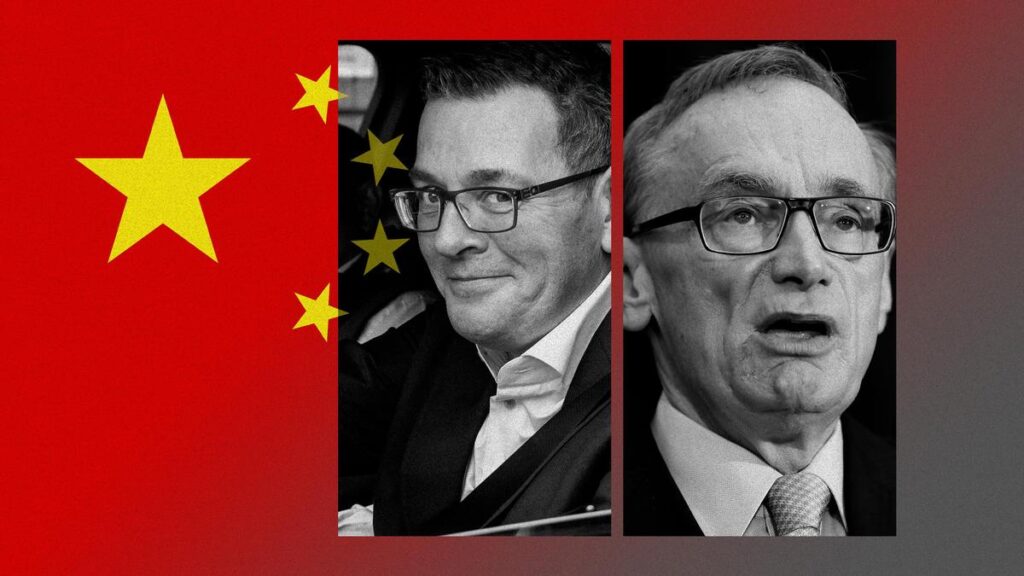
A significant diplomatic event unfolded in Beijing on September 3, 2023, as a host of authoritarian leaders gathered to commemorate the 80th anniversary of Japan’s defeat in World War II. Among those present was former Victorian Premier Dan Andrews, who stood alongside notable figures such as Vladimir Putin of Russia, Kim Jong Un of North Korea, and Alexander Lukashenko of Belarus. This gathering has raised serious questions about the implications of such alliances and the message sent to Western democracies.
The parade was primarily intended to celebrate a historical milestone, yet it appeared to serve a dual purpose. Critics argue that it also acted as a warning to the West, particularly regarding the ongoing tensions surrounding Taiwan. The conspicuous presence of leaders aligned against Western interests underscored the necessity for liberal democracies to unify in the face of growing authoritarianism.
Notably absent from the event was another prominent figure, Bob Carr, a former New South Wales premier and foreign affairs minister. Carr had initially accepted an invitation but later declined, expressing his preference for a commemorative role rather than participating in the parade. His decision highlights the complex dynamics within Australian politics regarding engagement with China.
The Australian ambassador to China did not attend the parade, a move interpreted as a diplomatic statement. Instead, the embassy’s defence attaché and political counsellor represented Australia, emphasizing a cautious approach to relations with Beijing. When questioned about the representation, Prime Minister Anthony Albanese referenced a previous attendance by former Liberal minister Michael Ronaldson during a similar event in 2013, implying a continuity in Australia’s diplomatic engagements.
Albanese’s remarks regarding Andrews’ participation in the parade were notably evasive. He stated, “he’s not meeting them,” which some critics view as an inadequate response to a significant issue. The context of Ronaldson’s attendance differs markedly from the current geopolitical climate, characterized by heightened military tensions and China’s extensive military buildup.
The participation of Andrews and Carr in this high-profile event has been characterized as a “propaganda coup” for China, a nation skilled at framing narratives to its advantage. Observers argue that their actions warrant condemnation from Australian leadership, particularly at a time when Australia needs strong ties with its traditional allies.
The implications of this gathering extend beyond mere optics. As Australia navigates a complex international landscape, the decisions made by its leaders and former officials will shape perceptions and influence foreign policy directions. The absence of a clear denunciation of Andrews’ actions raises further concerns about the current administration’s stance on engaging with authoritarian regimes.
In summary, the gathering in Beijing not only highlighted the growing alliance among authoritarian leaders but also called into question Australia’s diplomatic strategy and its commitment to democratic values in an increasingly unstable global environment.


